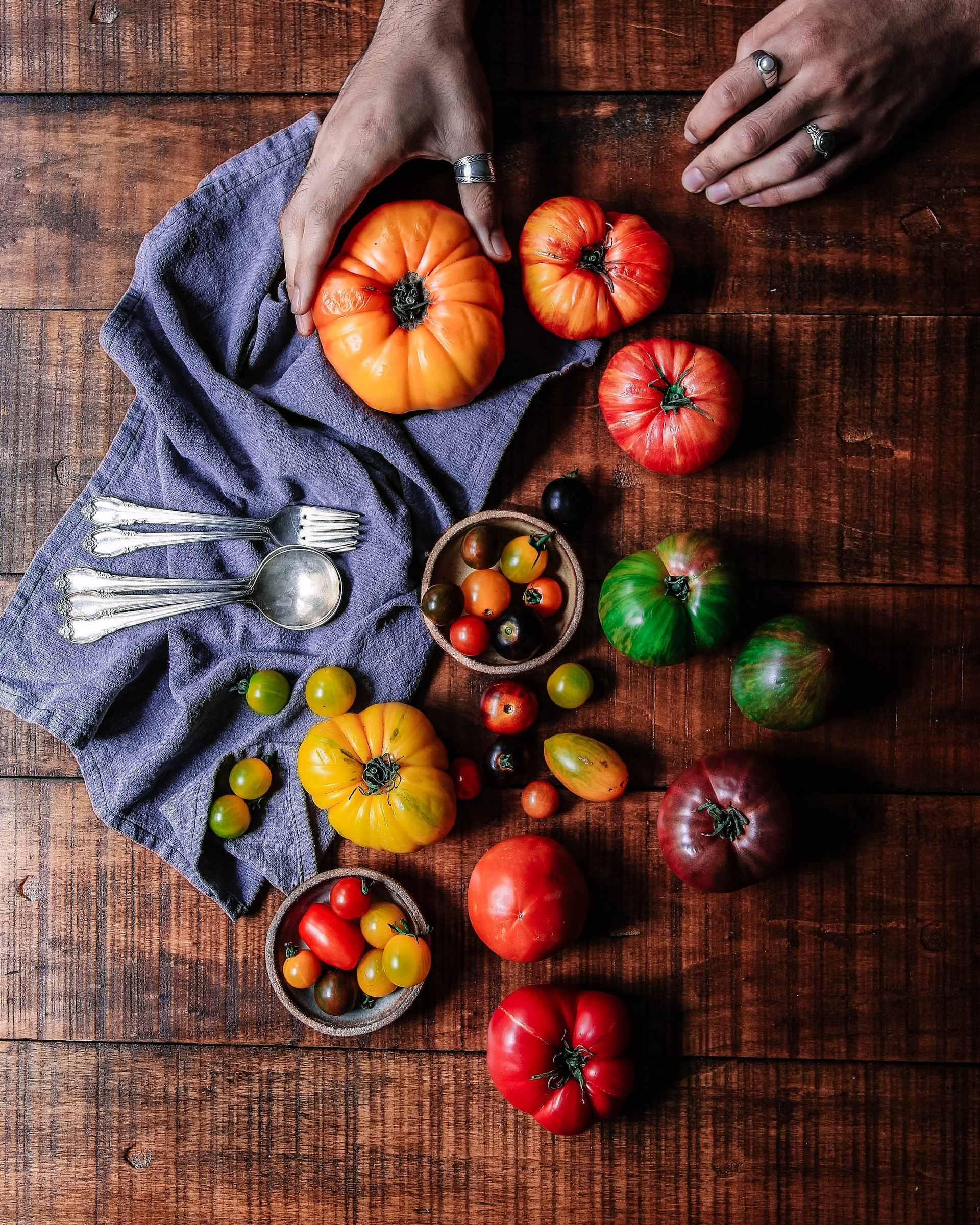Quoted by Hippocrates, that the root cause of human disease may in fact stem from our gut health. Today’s scientific literature is revealing the “how” and “why” of something that was accurately observed over 2000 years ago.
We see studies showing that chronic constipation may be linked with Parkinson’s, anxiety and depression going hand in hand with gas, bloating and other digestive symptoms. Those with multiple sclerosis, depression, and schizophrenia, show changes in the composition of gut bacteria.
The microbes that live in our gut outnumber our human cells in a 10:1 ratio. So technically speaking we have more microbe DNA than we do human DNA. That’s worth some perspective. Think about it, we have evolved millions of years that cultivated this symbiotic relationship between human and bacteria. We house these bacteria in our warm, damp gut, where food magically comes down to feed them on a regular basis – they’ve got it so good inside of us! In return for the benefits we provide, they produce the most potent anti-inflammatory molecule (Short chain fatty acids) for us automatically which helps our body heal (refer to our article on the importance of reducing inflammation), 90% of our serotonin (our happiness hormones), and 70% of our immune system.
Throughout human history we’ve eaten foods that were minimally processed if at all which allowed this relationship to flourish and become an integral foundation for human health. But, in no time at all, our food made a 180° turn. Most foods now are ultra processed, meaning they lack what previously supported our gut bacteria.
What exactly changed?
- Processing removes fiber
- Emulsifiers and gums added – understand how they impact our gut here
- Fewer ingredients, lack of diversity
When we think about eating for our gut health, we need to first consider what the healthy bacteria actually eat. Their favourite foods are fiber. Fortunately fiber comes from every food that grows from the ground! However when you think about the conversation around nutrition, it focuses on carbohydrates, fats, and protein. That’s because these are functional fuel sources for the human cell, but we’ve forgotten that we are also eating for our friendly bacteria as well. When we forget to feed them, they starve off and begin to die leading to reduced abundance and diversity which is associated with many diseases.
When the population and diversity are re-established we see positive impacts on health outcomes. For instance, an interesting study done on dark chocolate highlights the therapeutic ability of building a healthy gut. The researchers of this study wanted to differentiate why dark chocolate seemed to help improve people’s mood and lowered anxiety. They also helped define specifically, what type of dark chocolate (70% or 85%), and how much (30g daily for 3 weeks).
Their results were illuminating in that dark chocolate had the ability to increase the amount of healthy bacteria DNA found in stool samples, and also the diversity of species.
The most nourishing foods for your gut don’t have to be bran buds and metamucil. They are luckily much more tasty than that!
Your Top 3 Gut Foods:
- Fermented Foods like kimchi, sauerkraut, miso, tempeh, and kefir
- Fibrous foods like every single plant on this planet. Specific superstars are beans/ legumes, seeds, raspberries, broccoli, and oats just to name a few!
- Last, but not least, there’s the case for dark chocolate 85% or higher!
So diversify your meals. It can be just one new seed you add to your breakfast, sauerkraut with your salads, and dark chocolate as an occasional treat alongside berries and nuts.
The most important component to eating healthy sustainably is that you enjoy it, and there are flavours and textures that interest you. So be open to discovering some new go-to’s, and your gut will thank you for it!
Reference:
Boolani, Ali, Karyn M. et al. 2022. “Trait Energy and Fatigue May Be Connected to Gut Bacteria among Young Physically Active Adults: An Exploratory Study” Nutrients 14, no. 3: 466. https://doi.org/10.3390/nu14030466
Rezac, S., Kok, C. R., Heermann, M., & Hutkins, R. (2018). Fermented Foods as a Dietary Source of Live Organisms. Frontiers in microbiology, 9, 1785. https://doi.org/10.3389/fmicb.2018.01785
Shin. J. H. (2022). Consumption of 85% cocoa dark chocolate improves mood in association with gut microbial changes in healthy adults: a randomized control trial. Journal of Nutrtional Biochemistry, 99. https://doi.org/10.1016/j.jnutbio.2021.108854



